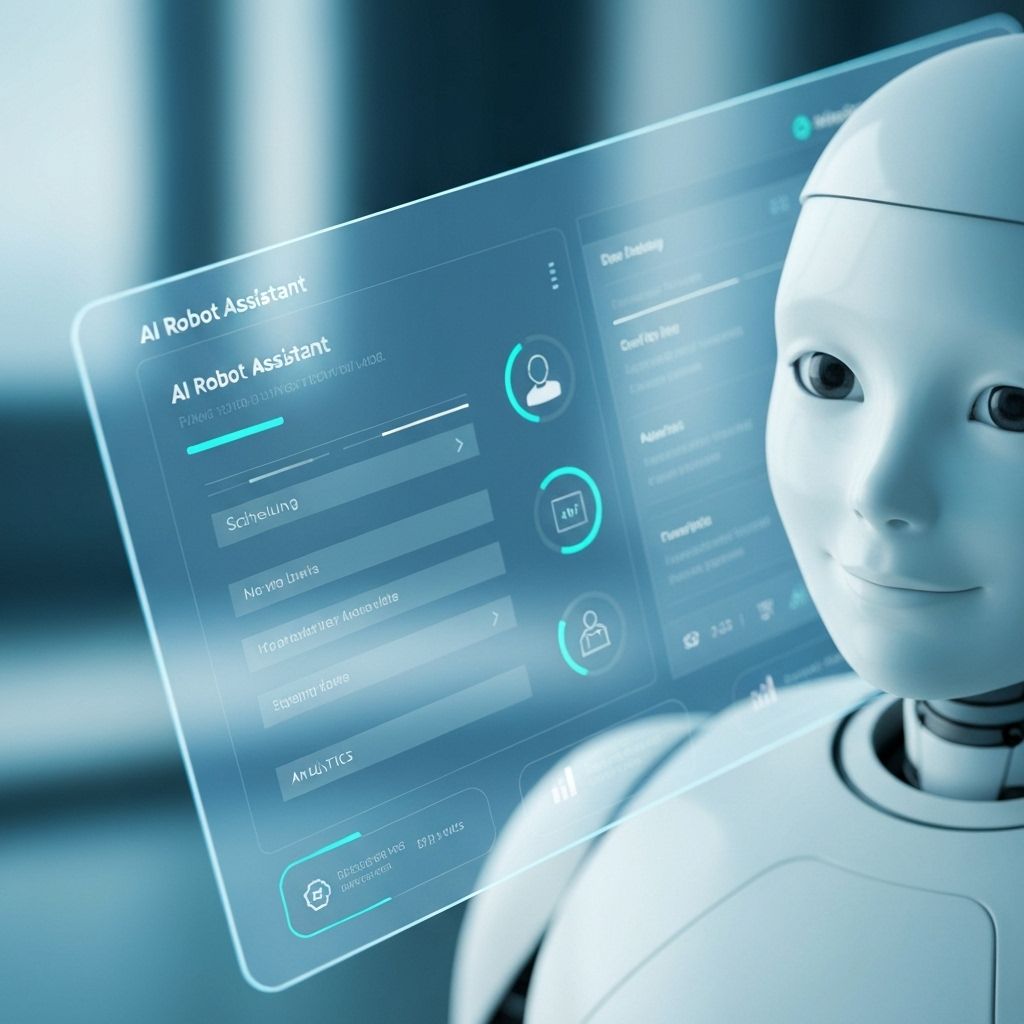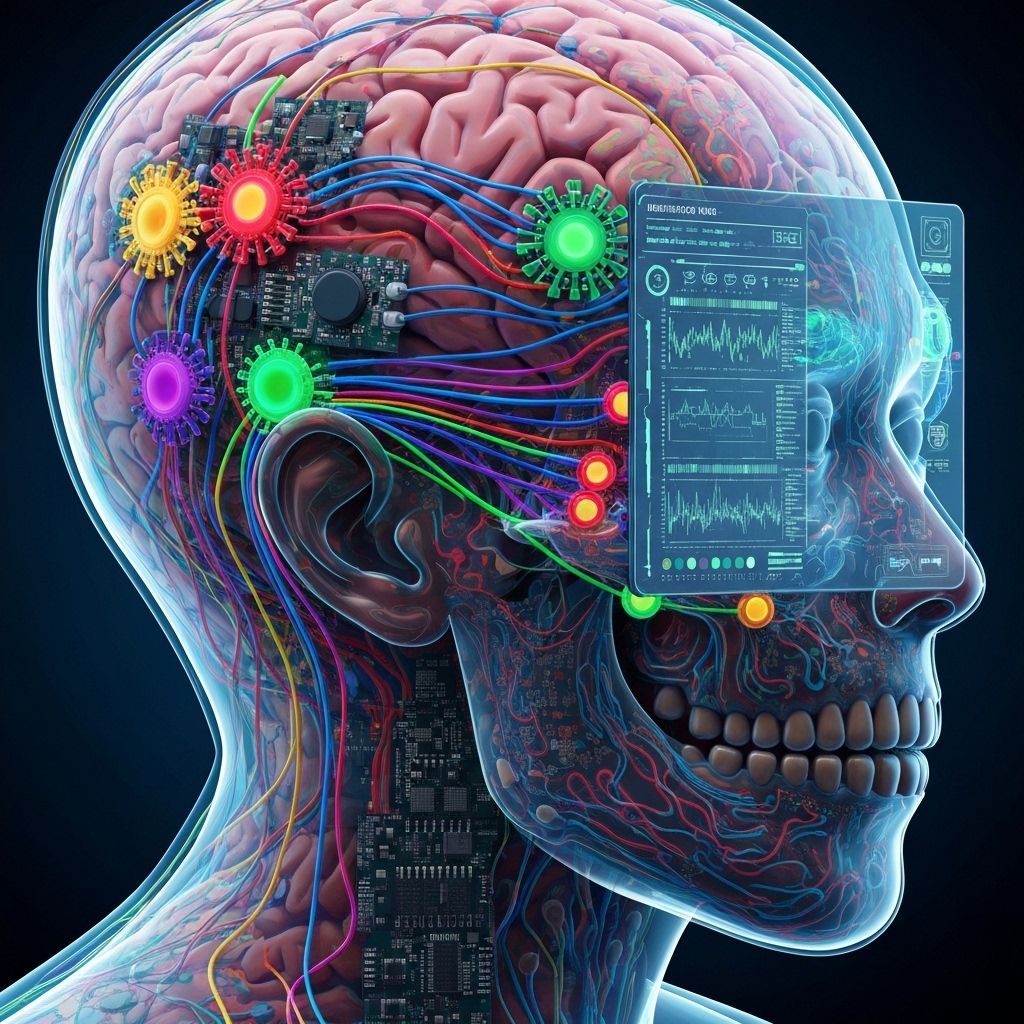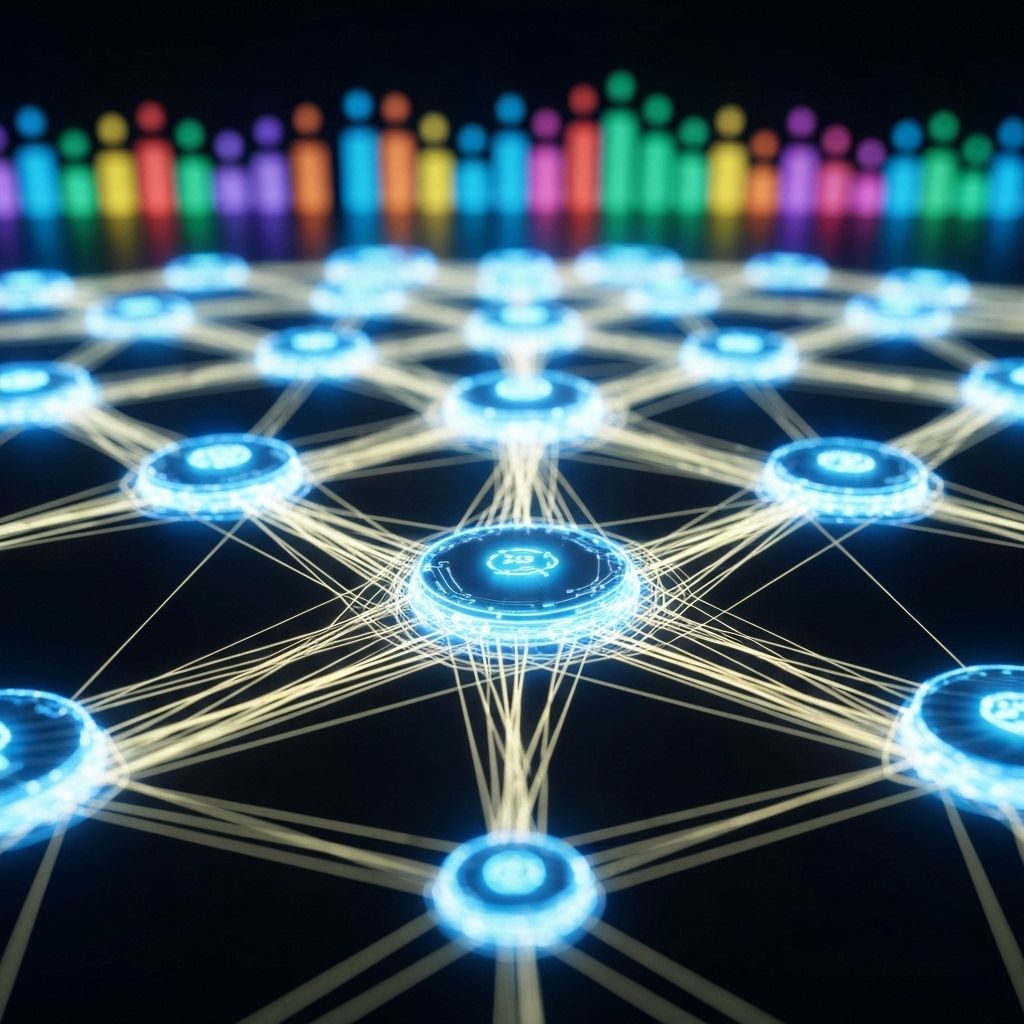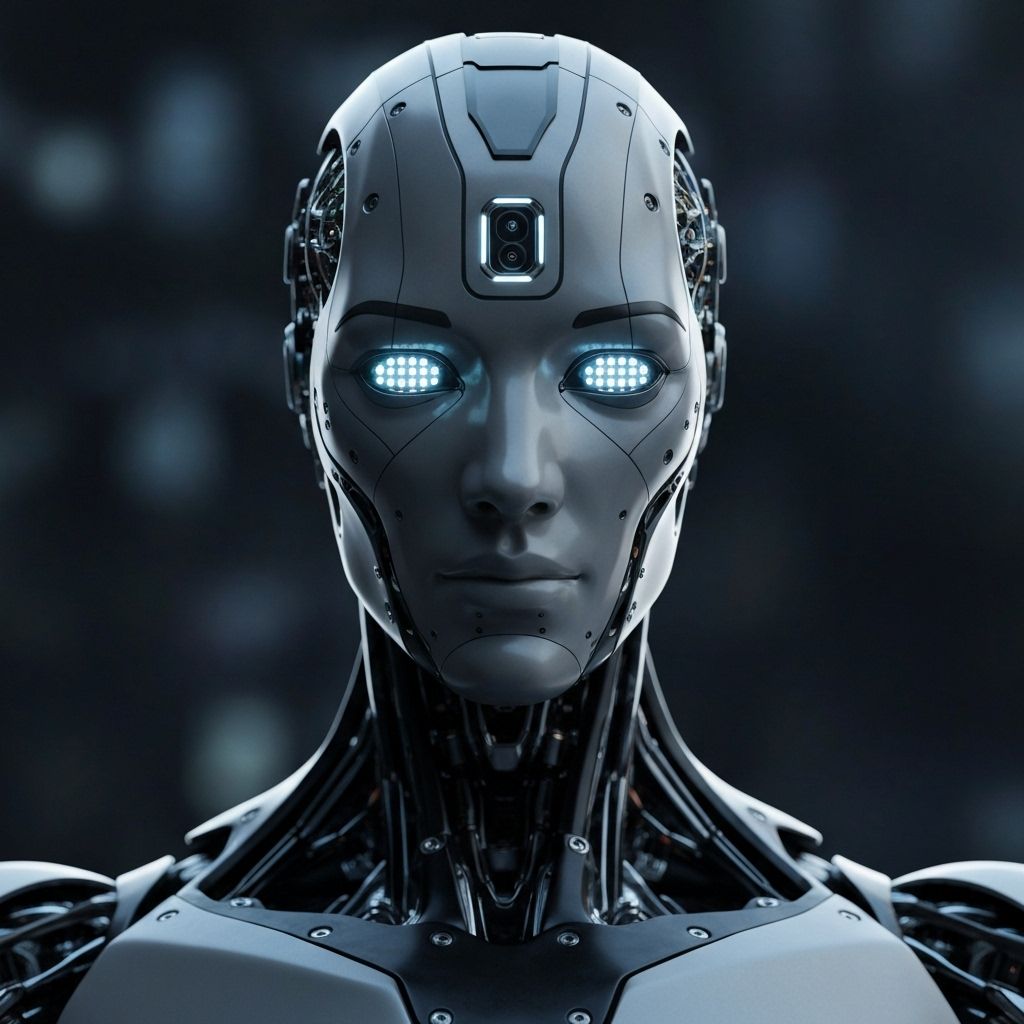AI Agents Take Over: The Rise of Autonomous Digital Assistants in 2025
Explore how AI agents are becoming more sophisticated, handling complex tasks autonomously and reshaping how we interact with technology.

The landscape of artificial intelligence has undergone a dramatic transformation in 2025. AI agents are no longer simple chatbots or voice assistants—they have evolved into sophisticated autonomous systems capable of complex reasoning, planning, and execution.
The Evolution of AI Agents
Modern AI agents represent a significant leap from their predecessors. Unlike traditional AI systems that respond to specific prompts, these new agents can understand context, set goals, and work independently to achieve objectives. They combine large language models with advanced reasoning capabilities, creating digital assistants that truly understand and anticipate user needs.
Key Capabilities
Today's AI agents excel in several areas:
- Multi-step Planning: They can break down complex tasks into manageable steps and execute them sequentially.
- Context Awareness: They maintain understanding across conversations and interactions, building on previous knowledge.
- Tool Integration: They can seamlessly interact with various software applications and APIs to accomplish tasks.
- Learning and Adaptation: They continuously improve their performance based on user feedback and outcomes.
Real-World Applications
The impact of AI agents is being felt across multiple industries:
Business Operations
Companies are deploying AI agents to handle customer service, manage schedules, and coordinate projects. These agents can process emails, book meetings, and even negotiate simple contracts, freeing human workers to focus on strategic tasks.
Healthcare
Medical AI agents are assisting doctors with diagnosis, treatment planning, and patient monitoring. They can analyze medical records, suggest treatment options, and even predict potential health issues before they become critical.
Education
Educational AI agents are providing personalized tutoring, adapting their teaching methods to individual learning styles and pacing. They can create custom lesson plans, grade assignments, and provide detailed feedback to students.
Challenges and Considerations
While the potential of AI agents is enormous, several challenges remain:
Trust and Reliability: As AI agents become more autonomous, ensuring their reliability and trustworthiness becomes crucial. Users need confidence that agents will act in their best interests.
Privacy and Security: AI agents often require access to personal data to function effectively. Protecting this information while maintaining functionality is an ongoing challenge.
Ethical Considerations: As AI agents make more decisions independently, questions arise about accountability and ethical decision-making.
The Future of Human-AI Collaboration
Rather than replacing humans, AI agents are becoming powerful collaborators. They handle routine tasks, provide insights, and augment human capabilities, allowing people to focus on creative and strategic work.
As we move further into 2025, the integration of AI agents into daily life will only deepen. The key to success lies in developing agents that are not just intelligent, but also trustworthy, ethical, and aligned with human values.
About the Author
Michael Rodriguez
AI Research Director at Stanford University, specializing in autonomous systems and machine learning.
Related Articles

Neural Interfaces: Brain-Computer Integration Reaches New Milestones

Sustainable Tech Revolution: Green Computing Solutions for 2025

Web3 Evolution: Decentralized Internet Infrastructure in 2025

Augmented Reality Workplace: How AR is Transforming Remote Collaboration

5G and Beyond: The Path to 6G Networks and Ultra-Fast Connectivity
